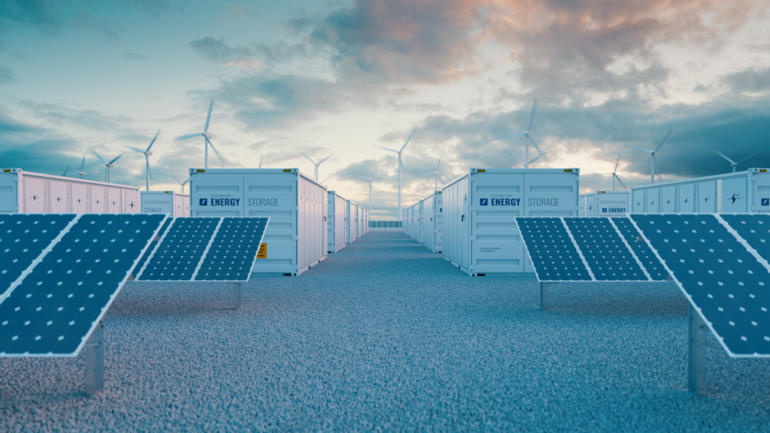Geneva, 30 June 2020: Today, the World Business Council for Sustainable Development (WBCSD) released its new guide to help electric utility companies set science-based targets and reduce emissions in line with 1.5°C. Setting science-based targets: A guide for electric utilities supports more electric utility companies to overcome the challenges they face and set their own science-based targets (SBTs) to accelerate the transition to a zero-carbon economy. The guide also reviews the Science-Based Targets Initiative’s (SBTi) latest scenario for the power sector to set SBTs in line with limiting global warming to 1.5°C.
The ongoing COVID-19 pandemic serves as a resounding reminder of our vulnerability to systemic risks – and the biggest risk of all remains the climate emergency. To align with the science and avoid the worst impacts of climate change, all companies must set targets to reduce their greenhouse gas (GHG) emissions and keep the world within a safe operating space of 1.5°C.
Directly responsible for 41% of global energy-related CO2 emissions, electric utilities have a critical role to play in decarbonizing our economy at the scale and pace we need – not only because of the large share of their direct emissions, but also because decarbonized electricity is an essential lever for other sectors such as buildings and transport to transition to low-carbon.
Setting a science-based GHG emissions reduction target is a key part of any company’s climate strategy. SBTs have emerged as the most recognized approach for companies to set emission targets, and the SBTi provides methodologies and a platform for companies to communicate and validate their climate commitments. While growing numbers of electric utilities are setting SBTs, the number remains small – with only 16 companies having SBTi-validated targets as of June 2020. We need many more utilities to set targets and drastically lower their emissions if we are to meet the 1.5°C goal.
However, setting and achieving an emissions target in line with a 1.5°C-aligned scenario is challenging. For an average electric utility, achieving an SBT means decreasing its emissions intensity of power generation by 76% in the next 10 years. This level of transformation is massive and many utilities face a range of technical, political and social challenges which they must overcome to decarbonize in line with science. These include the need to ensure a just transition away from coal or other carbon-intensive power generation; developing a robust understanding of emissions from their value chain; and abating certain sources of value chain emissions.
This guide helps utilities understand the SBTi criteria and overcome the challenges they face to reduce emissions in line with science. Companies who can do so will mitigate climate risks across their operations and supply chain, boost shareholder and investor confidence and improve their license to operate in a decarbonizing global economy.
“Decarbonizing our power generation is critical to securing a net-zero carbon economy by 2050. We need many more utilities to set targets aligned with the science to lower their emissions and commit to transitioning to low-carbon energy. These guidelines help utilities overcome the challenges they face to setting science-based targets and define clear pathways to reduce their GHG emissions” said Mariana Heinrich – Director, Energy at WBCSD.
“With increasing pressure from policy, investors, consumers and society, decarbonization is increasingly becoming a survival factor for electric utilities. Visionary power companies on every single continent are embarking in a science-based decarbonization journey. Now we need the entire sector to follow suit. WBCSD´s new guide can be instrumental in providing clarity to companies and in aiding the zero-carbon transition in the power sector” said Alberto Carrillo Pineda – Steering Committee member of the Science Based Targets initiative.
“With SBTi, EDP’s decarbonization targets were recognised on their level of ambition, credibility and alignment with climate science. With this new guide, utilities navigate through this process in a more business-oriented way, identifying barriers and advantages when setting their own targets towards 1.5ºC goal” said António Castro – Corporate Sustainability Director.
“Today, climate change represents an immense challenge for society and, for this reason, the decarbonization of the energy system is crucial. Nevertheless, this challenge also presents a tremendous opportunity for all sectors, in particular, for electric utilities. By accelerating the growth of renewables we can help tackle climate change while creating value for our stakeholders. As a global framework, SBTi is the world’s most recognized initiative that boosts companies’ progress towards decarbonization, proactively supporting the transition to a zero-emission economy, and the new WBCSD is intended to support electric utilities on such a challenging and significant journey” said Ernesto Ciorra – Chief Innovability Officer at Enel.








